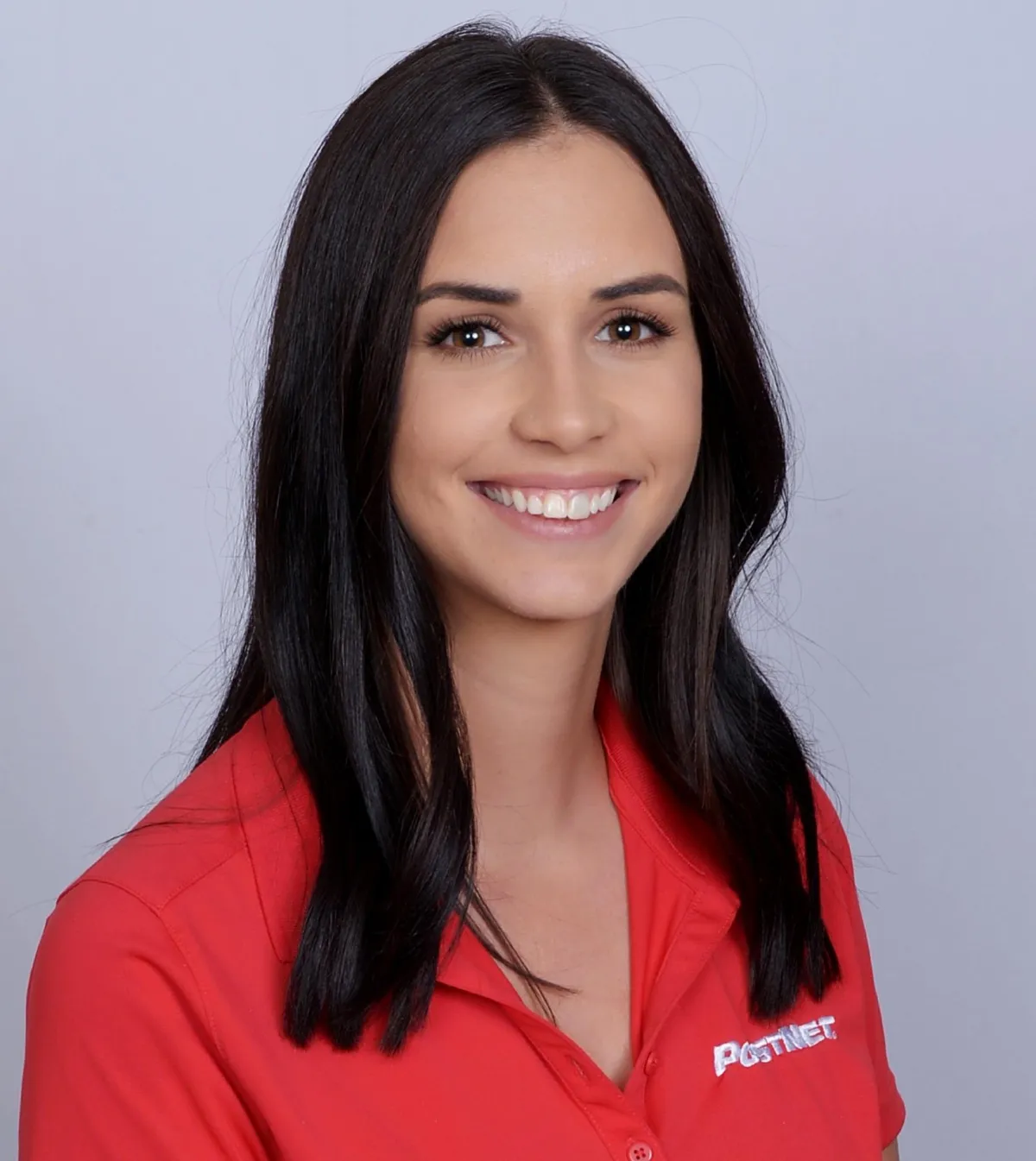
Balancing Business and Heart: How Caty Witt Scales Community Impact Through Franchising
What if owning a franchise could be the key to achieving not just professional success, but personal balance and deep community impact? For Caty Witt, a multi-unit PostNet owner, that vision is reality. Her journey demonstrates that franchising isn’t just about building a business—it’s about building a life. One rooted in family, purpose, and generosity.
In a landscape where franchise owners juggle growth goals with operational demands, Witt’s story shines as a powerful example of integrating business ownership with values-driven leadership. From her start in California to expansion in Arizona, she’s charting a path that’s both strategic and soulful—proof that franchising can unlock more than revenue streams; it can unlock lives of greater meaning.
Episode Overview
Caty Witt brings a unique and grounded perspective to franchising. Having worked in the shipping industry from a young age, she entered ownership already seasoned by years of frontline experience. When the opportunity to buy her first PostNet in Bakersfield, California emerged, it wasn’t just a business acquisition—it was a moment of alignment.
She had two young children, a desire for flexibility, and a strong sense of how she wanted to shape her life. PostNet offered the perfect balance of structure and autonomy, brand support and local ownership. Today, Caty owns four PostNet locations—two in California and two in Arizona—each a reflection of her commitment to both customer service and community involvement.
Her approach illustrates the evolving role of franchisees as not just operators but as leaders within their local ecosystems.
Deep Dive Insights
1. Finding the Right Fit: Experience Meets Opportunity
Long before buying her first location, Caty Witt immersed herself in the franchise world by working at a UPS Store. That experience gave her a behind-the-scenes look at the operational rhythm and demands of a shipping franchise. So when a PostNet location became available nearby, she recognized a rare opportunity to step into business ownership with a foundation already in place.
This wasn’t a leap into the unknown—it was a strategic progression. For franchisors, Witt’s journey reinforces the value of cultivating future owners from within your industry ecosystem. And for aspiring franchisees, it’s a reminder to align new ventures with existing strengths.
2. Creating a Business That Supports Family Life
One of the driving forces behind Witt’s decision to become a franchisee was the desire for work-life balance. She wanted to remain active in her children’s lives without sacrificing her own professional ambitions. PostNet’s business model gave her the flexibility to make that happen.
From customizing her work schedule around her kids’ school events to involving them in the store environment, Witt found ways to blend family and entrepreneurship. Her children even wear branded shirts and assist with tasks like sorting mail—turning the business into a family affair.
This blend of work and family highlights a powerful shift in franchise culture: ownership can be a life enabler, not a life disruptor. It’s a lesson franchisors should integrate into recruitment and brand storytelling—showcasing how business ownership can empower personal goals.
3. Scaling with Purpose, Not Just Profit
Caty’s expansion into Arizona wasn’t part of a master growth plan. It came from remaining open to aligned opportunities. Another owner reached out with news of her retirement, and her stores matched the service model Witt had already mastered. The expansion felt intuitive rather than forced.
This mindset—staying open to growth while protecting your operational strengths—is critical for franchisees eyeing multi-unit ownership. Witt’s story underlines the importance of fit, not just footprint. For franchisors, it emphasizes the need to support growth journeys that evolve organically, often through peer-to-peer franchising relationships.
4. Community Involvement as a Strategic Anchor
Perhaps the most defining feature of Witt’s franchise leadership is her deep commitment to community service. From the start, she leveraged her business as a platform to give back, especially to foster children. With the support of her mother and a local agency, she began organizing donation drives, birthday events, and a signature Christmas tree program where community members can “adopt” a foster child by providing holiday gifts.
This initiative doesn’t just create goodwill—it draws new foot traffic, builds brand equity, and turns customers into advocates. And it’s scalable: she’s expanding the program to include birthday party support, helping foster kids feel seen and celebrated year-round.
This is franchise-as-platform in action. Witt proves that local businesses can lead social impact, and that impact in turn becomes a magnet for loyal customers and community relationships.
Franchise Now encourages similar community-forward strategies through its AI Opportunity Assessment and brand positioning tools—designed to help franchisees discover where mission and market intersect.
5. Training, Trust, and Operational Evolution
As her portfolio grew from one to four stores, Witt had to evolve from working “in” the business to working “on” the business. The shift required letting go of some control and investing deeply in team training. She now focuses on mentoring managers, building internal trust, and creating systems that uphold her high standards even when she’s not on site.
She recruits managers from within, allowing team members to grow into leadership by first mastering customer service. This approach not only strengthens retention but also ensures culture continuity—a key challenge for multi-unit operators.
For franchisors and franchise consultants, Witt’s growth illustrates the importance of leadership development pathways and the scalability of soft power—training, trust, and brand culture—not just operations manuals.
6. Marketing That Aligns with Mission
Witt’s marketing journey evolved from traditional radio ads to community engagement and digital channels. In the early days, radio brought brand awareness. More recently, she’s invested in social media and Google Ads to drive visibility and engagement.
But her most successful campaigns? The ones rooted in service. Promoting the foster care tree during the holidays drew in entirely new visitors—many of whom came for the cause and stayed for the service. She also partners with local networking groups and business owners for school supply drives and other initiatives. Witt’s experience proves that marketing rooted in mission creates not just impressions, but emotional connections.
Thoughtful Reflection
Caty Witt’s story is more than a profile in franchise success—it’s a case study in intentional living through business. Her approach blends savvy decision-making with emotional intelligence, operational excellence with community service. It’s a reminder that the best franchise owners are those who lead with heart and build with vision.
For franchisees wondering how to grow without burning out, or franchisors looking to cultivate deeper community roots, Witt offers a powerful example. She didn’t chase scale—she invited it. And in doing so, she built not just more stores, but more meaning.
Call to Action
Inspired by Caty Witt’s journey? Learn how you can align your business growth with your personal mission.
👉 Visit https://franchisenow.ai to explore AI-driven tools that support purpose-driven franchising.
🎧 Or go to https://franchisenow.media for more inspiring episodes and industry insights.

